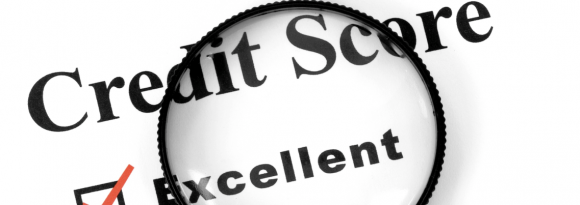You’ve thought about taking out a personal loan, mortgage or credit card at some point in your life, but before making a decision on where to turn to for help with getting what you need, you’ve wondered about eligibility. This is nothing new – anyone hoping to lend money in some capacity needs to have the means to pay it back eventually.
To find out whether or not you’re eligible for such a product, the bank or building society you hope will give you what you need are almost certain to ask for your credit rating. This is a rating which determines whether or not you can take out a mortgage, personal loan or any other repayable finance. Everyone with a bank account has a credit rating.
What’s the score?
Your credit score is determined by a number of factors. They include your past debts (if any), your record of repaying any debts, the number of open bank accounts you have, late payments or missed payments of bills, moving home frequently and not having any history of financial responsibility. If you’re fine on all these fronts, it’s likely your credit score is going to be favourable to lenders.
To find out what your credit score is, talking to a lender might help, but before you do, it might be worth trying to recall your financial history. Any record of late debt/bill payments and being unable to live within your means could make it harder for you to take a loan/mortgage out. Three main agencies handle credit scores and work on behalf of lenders: Experian, Equifax and Call Credit.
Where credit’s due
Your credit score is determined by these agencies, who then pass the information they have on you back to the lender, who are then well-placed to make a decision on whether or not they’re willing to lend you the money. If not, all isn’t lost, as there are a few ways in which you can try and improve your credit rating without trying too hard.
The first thing you could do is take out a credit card. It might seem like a strange thing to do, but by using it responsibly, you’re able to prove to lenders that you’re able to handle their money and pay them back with no problems whatsoever.
Taking control
“Set up a regular savings account and shop around to make sure you get the best rate. Ensure that you are on the electoral roll as this can improve your credit score. Review your day-to-day spending to see if you can make any cuts to increase you’re saving, then set up a budget for essentials and stick to it,” commented a spokesperson from Yorkshire Building Society.
Reducing your debts is another way to boost your credit rating. Again, in doing so, you’re able to show to lenders that you’re trying to improve your personal finances. It might seem too good to be true, but the lower your debts are, the higher your credit rating will be. Making larger repayments than usual, if possible, could help to achieve this goal.
____________


